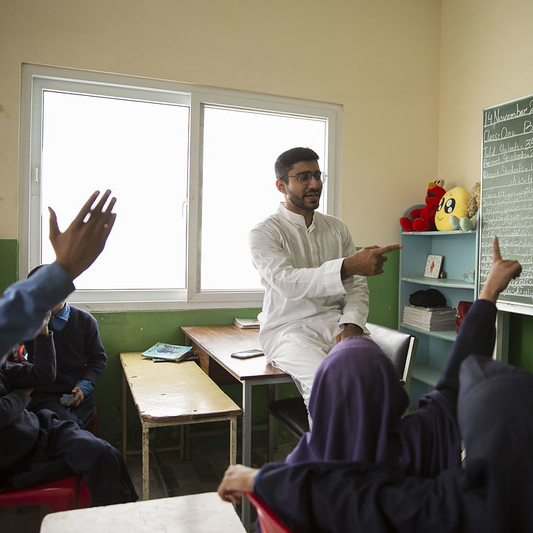Grow as a Leader
12 podcasts that social innovators can't afford to miss
From Tony Loyd to Tiny Spark, tuning into these podcasts is essential for any innovator
July 28, 2021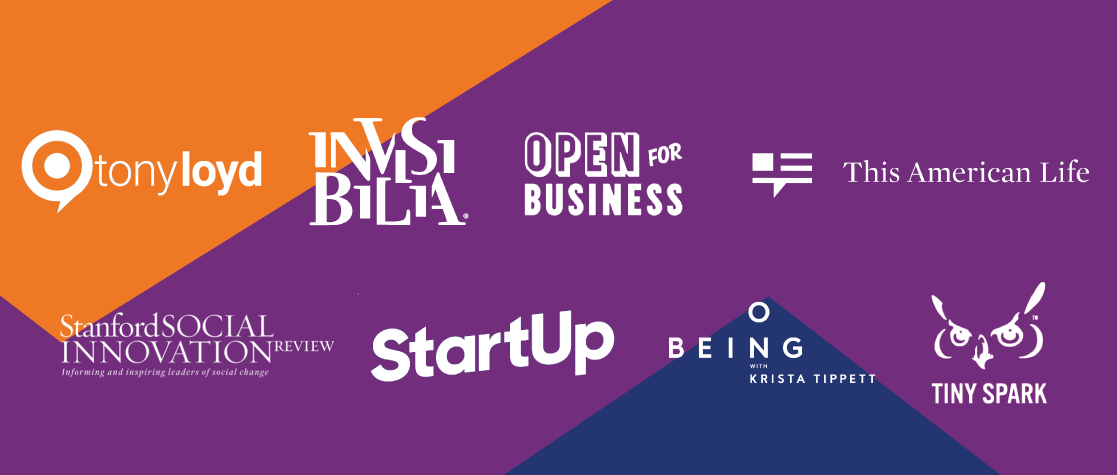
If you’re a social entrepreneur looking for your next listen, we’ve got a line-up for you. These recommendations are sourced from our global community of social innovators who are tuning in to ignite new ideas, adapt in evolving environments, and stay up-to-speed on the latest in social innovation.
1. Stanford Social Innovation Review

2. Gimlet Creative's Open for Business podcast

3. Tiny Spark: Investigating the business of doing good
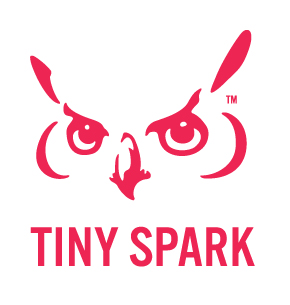
4. Doin the Work: Frontline stories of social change
5. Invisibilia

6. ALU - Entrepreneurial Leadership in Africa
7. From What If to What Next
8. Social Entrepreneur

9. The Social Change Career podcast
Dr. Firchow encourages students to approach classes and coursework with patience, understanding, and “an approach to class and discussions in line with dialogue rather than debate.” In other words, keep an open-mind, lean into the discomfort, and push crucial conversions forward.
Got a specific social issue or challenge that you want to focus on tackling? Check out Start Your Social Change Journey, a free course to help you sustain your social impact efforts and keep your goals on track.
10. This American Life
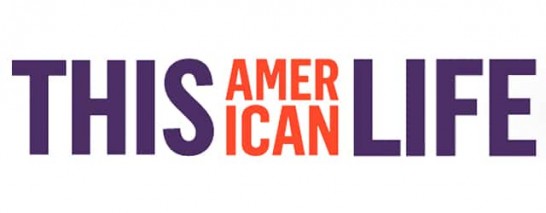
11. Startup
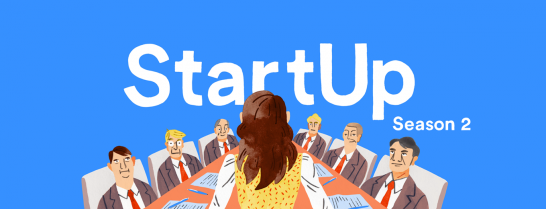
12. On Being
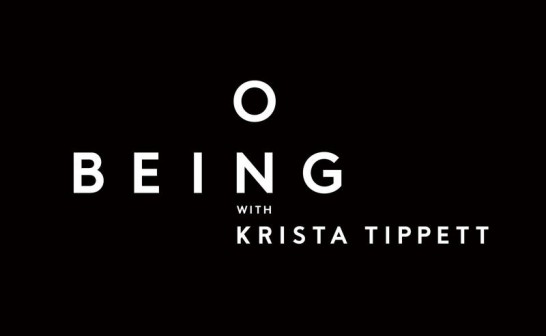
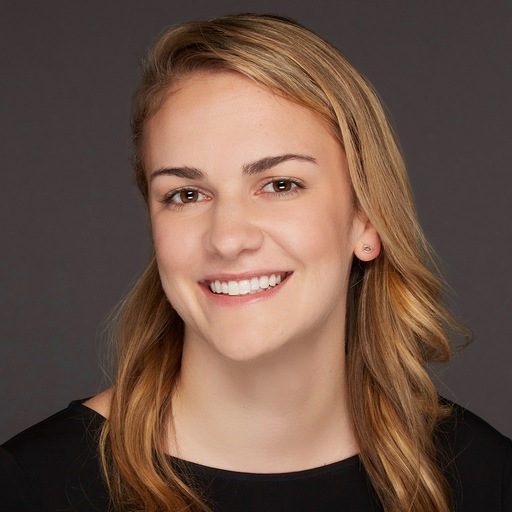
Author
Emily Close
Emily is a Content Creator at Acumen Academy, where she works alongside social entrepreneurs tackling the toughest issues of inequality, to bring their stories to the forefront and share their solutions with other individuals aspiring to affect social change. You can find Emily building content with her colleagues, bouldering with friends, or buried in a book in one of London’s oldest bookstores.

